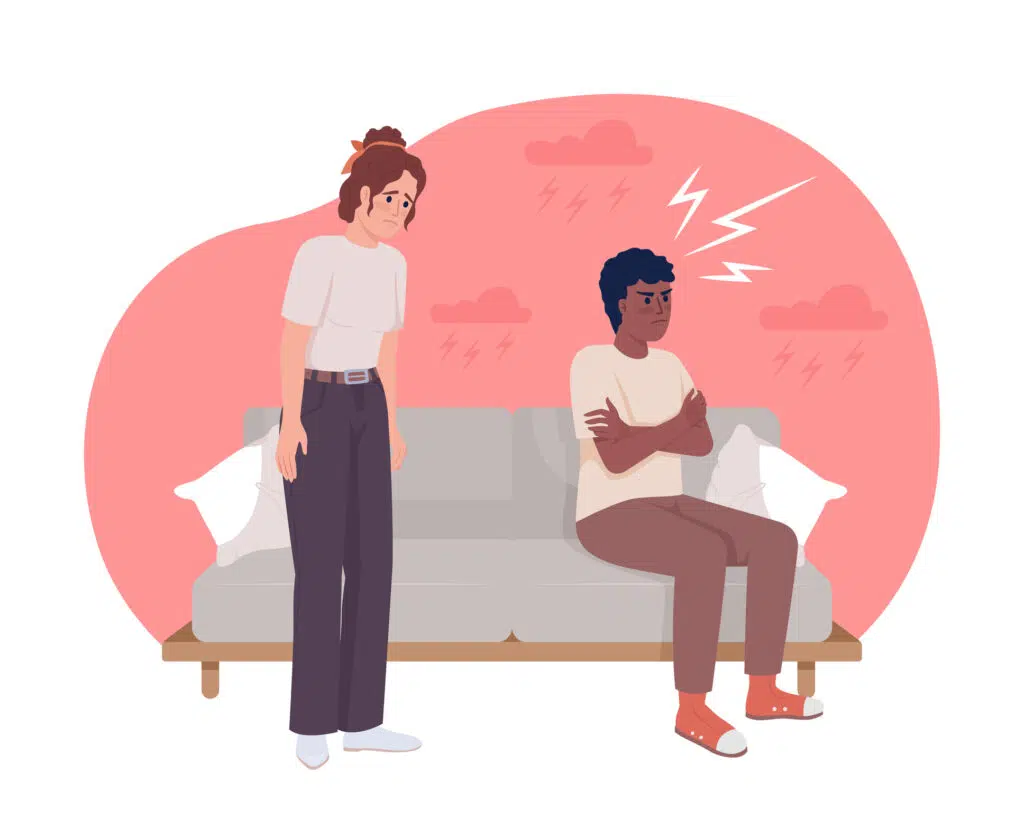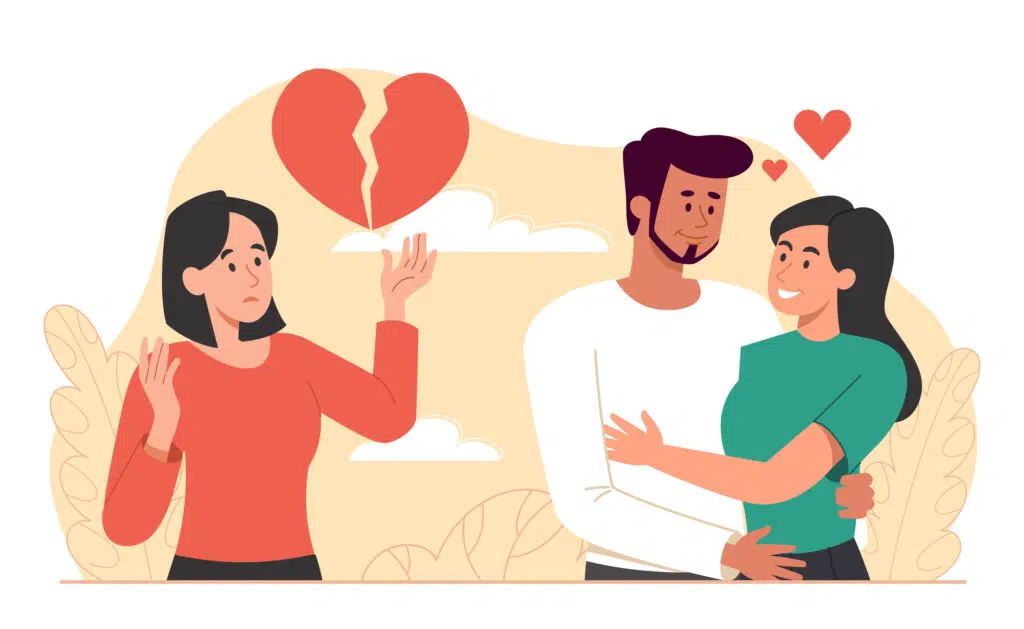Can’t Sleep? Studies Show Cognitive Behavioral Therapy (CBT) is Highly Effective

Insomnia can be a frustrating and life-altering issue to manage — and up to 25% of Americans report problems with insomnia in any given year, 10% of whom struggle with chronic sleep issues that affect their daytime function. Rather than dealing with sleeping pills, which can leave you groggy and only address the symptoms rather than the underlying cause, studies show that cognitive behavioral therapy (CBT) works better for insomnia with longer-term success.
At Thriving Mind Psychology, our team of mental health experts understands the power that CBT can have in addressing insomnia and other sleep issues. By changing the way our patients in Midtown Manhattan, New York, approach sleep, we’ve been able to help them get the restorative sleep they need. And we can do the same for you.
If you’re having problems getting to sleep, here’s a quick look at how CBT can help.
A lack of sleep
In the most basic of terms, insomnia is a condition in which you have problems getting to sleep and/or staying asleep. What isn’t so simple are the myriad reasons behind this lack of crucial rest, which can range from physical problems (think chronic pain) to mental health issues, such as anxiety and depression. It can also stem from lifestyle issues and habits that disrupt normal sleeping patterns.
Often, insomnia becomes a vicious cycle in which the problem may begin during a particularly stressful or emotional time, but as it continues, your insomnia becomes a source of anxiety, which further hampers your ability to sleep properly.
Coping with sleep issues can be frustrating, especially when you aren’t functioning at your best because of the lack of rest. This is why sleep aids in the form of medications can sound appealing. But sleeping pills may only provide a short-term fix, leaving you worse off than you were before. CBT, on the other hand, promotes healthier sleep habits that last a lifetime, without using medications as a crutch.
How CBT promotes better sleep
As the name suggests, the goal behind CBT is to identify and reverse harmful beliefs or attitudes through behavioral training. In the case of insomnia, we take a close look at how you approach sleep and concentrate on changing your attitude, beliefs, and behaviors surrounding sleep.
More specifically, we concentrate on four areas:
- Creating an association between your bed and sleep through stimulus control
- Restricting your bed to sleep (and sex) only
- Controlling your sleeping environment (keeping it dark and cool, for example)
- Relaxation techniques and biofeedback
To give you an example of a typical situation, if you have problems falling asleep and instead throw on the lights or fire up the TV or your phone, you’re creating an environment that isn’t conducive to sleeping. Instead, you’re creating habits that tell your mind and body that the bedroom is more of an entertainment center than it is a place of quiet rest. Through CBT, we teach you to get out of bed if you aren’t sleepy and go to another room. When you do feel tired, you can return to your bed and get some shut-eye — which trains your body to firmly associate your bed with sleep.
As well, we supply you with a host of relaxation techniques that can improve any anxiety you may have about crawling into bed only to find yourself unable to fall asleep. Through deep breathing techniques, muscle relaxation, and more, we can help you control your anxiety or negative thoughts and, instead, relax into restful sleep.
Most of our patients benefit from a short course of CBT — usually between 5-20 weekly sessions. The goal of CBT is to promote change, not keep you locked in a therapeutic cycle.
CBT is more effective than sleeping pills
A study by the Harvard Medical School backs up the power of CBT over sleeping pills in helping people sleep. To wit, these researchers gathered the data from 20 randomized and controlled trials and discovered that CBT helped people sleep up to 20 minutes faster and improved sleep efficiency by 10% in people with chronic insomnia and no underlying medical problems.
In addition to these findings, the Harvard researchers, and we here at Thriving Mind Psychology for that matter, point to CBT as a better alternative for insomnia than sleeping pills as you won’t have the side effects of sleeping pills, such as daytime impairment or worsening depression symptoms.
If you want to get started on getting the sleep you need through CBT, please give us a call at (212) 547-8861, or request an appointment using our easy online scheduling tool.

How to Move On After a Friendship Breakup
Friendship breakups can sting just as much as a romantic breakup. After all, you’re experiencing a loss of shared history and an understanding of each other that can leave you feeling lonely and isolated. Not all friendships are forever, but moving on from the loss of a friendship does take time and some self-compassion.

Signs You’re in a Toxic Relationship
A toxic relationship can chip away at your well-being and happiness. Toxic partners can be manipulative and charming, making it difficult to recognize the signs that you’re in a toxic relationship. You deserve to be in a supportive and healthy relationship.

10 Common Marriage Reconciliation Mistakes to Avoid After Infidelity
Infidelity can leave couples devastated. If you’ve been affected by infidelity and want to salvage your relationship, rebuild trust, or make a tough decision, keep reading for 10 common reconciliation mistakes to avoid after infidelity.

Survey: 72% of Americans are Stressing About the Upcoming Presidential Election
Political viewpoints in the U.S. have always been contentious, but is the impact of politics in the United States making it difficult for people to live their everyday lives? With some anticipating another brutal and long campaign season ahead of the upcoming 2024 presidential election, nearly half of Americans say politics is negatively impacting their mental health.




